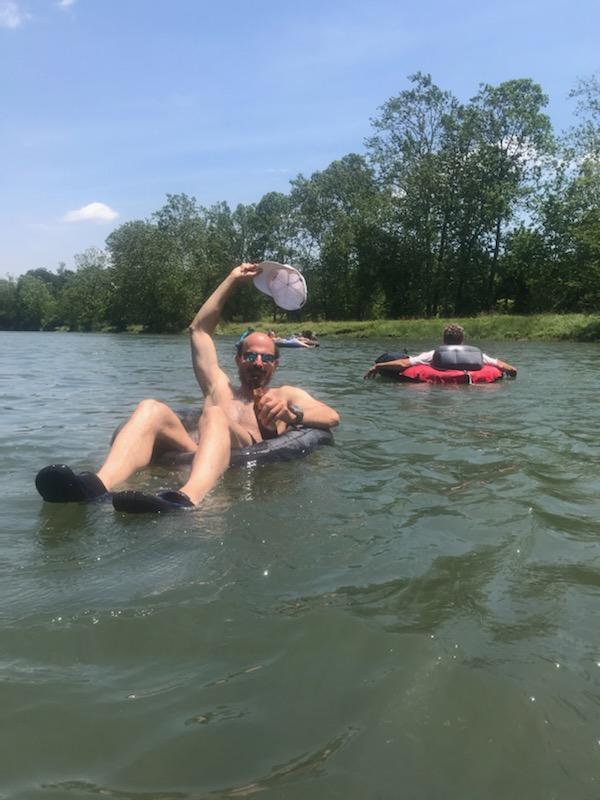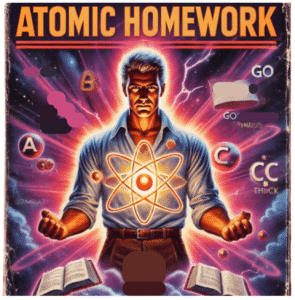There are 195 countries in the world.
And today, 117 are “completely closed.”
This is according to the travel site kayak.com
So how to travel during The Summer of No Travel?
Here’s how we do it in Virginia.

In back of me are my brother-in-law, a few nieces and a nephew.
The Mexican beer in my hand makes everything feel more… exotic.
I hope your weekend was equally relaxing and pleasant.
And now, onto our subject for this week…
A Common Problem
When a student first signs up for Vitamin V, I ask “what’s your biggest English headache?”
Here are some common replies:
“My biggest problem is to find the correct words.”“I just keep forgetting the right words.”“I am loosing the words I knew.”“I struggle to learn new words.”“I have low vocabulary ability.”“I forget simple words.”“Bad memory.”
It’s a common complaint.
And my solution has two steps.
First, identify the real problem.
You see, the real problem is not learning.
Learning a new word is easy.
Do you know what “troglodyte” means?
It means “caveman.”

What does “troglodyte” mean?
See? You learned it. Easy.
Remembering… that’s the hard part.
Try to use this word in a conversation in August and you’ll see what I mean.
Step two is practise.
If you have difficulties remembering it’s probably because you don’t practise remembering.
I have difficulties moonwalking like Michael Jackson.
I also don’t practise moonwalking.
So my lack of ability to moonwalk doesn’t surprise me at all and neither should your lack of ability to remember knew words if you don’t practise remembering them.
So how do you practise remembering?
What does the latest research say is the best way?
And where can you download a free software program that practically does all the work for you?
That will be our focus for this week.
So get ready to cross “vocabulary” off your list of English headaches.
